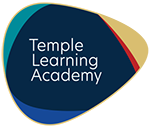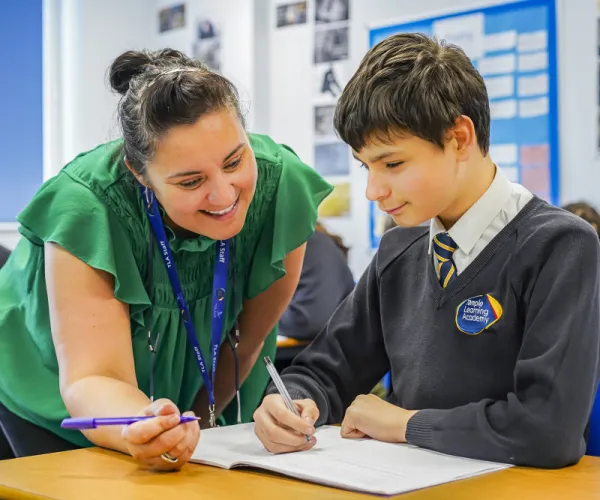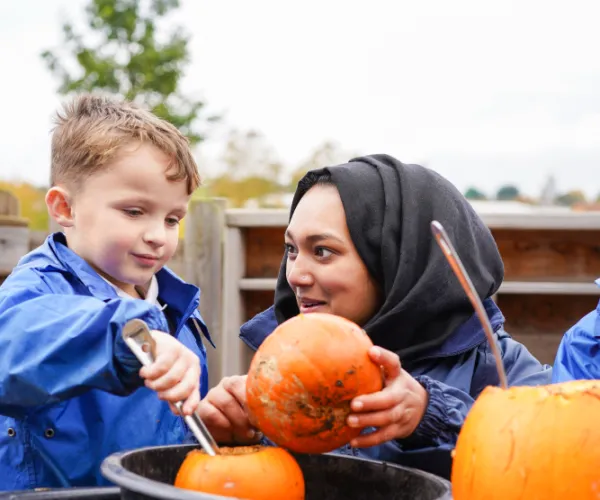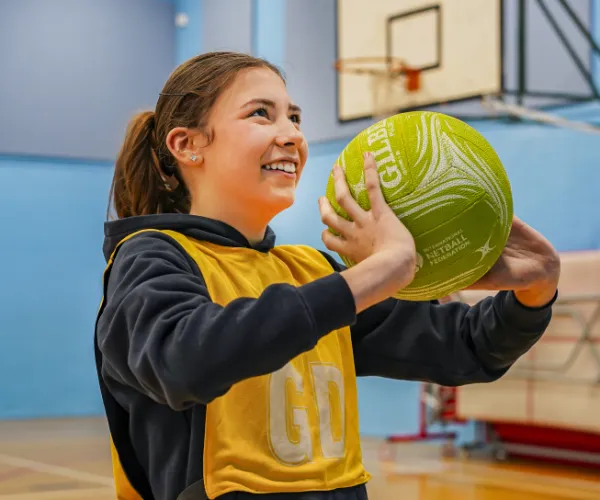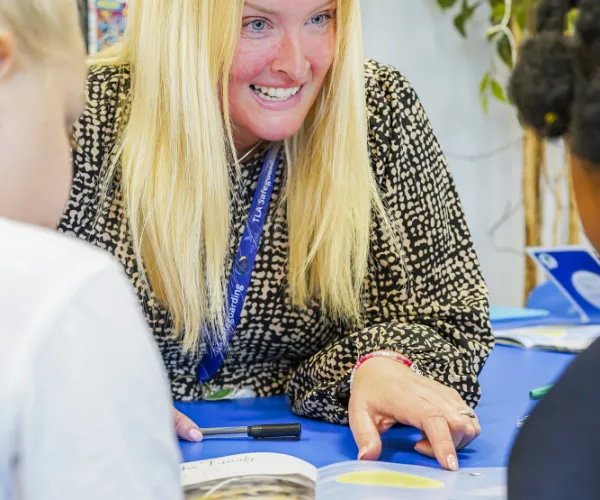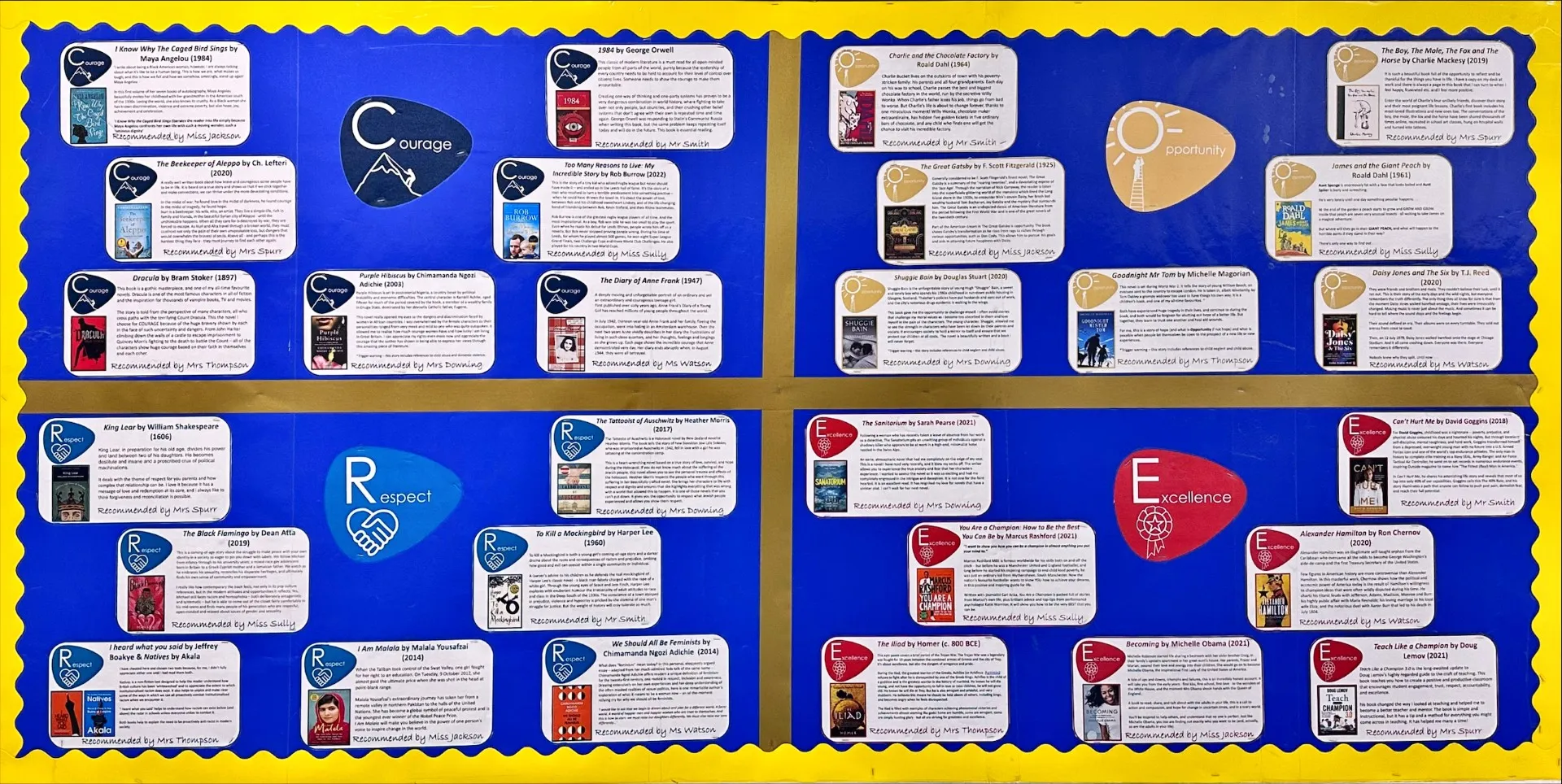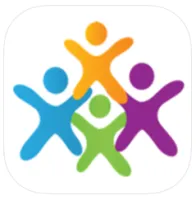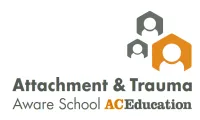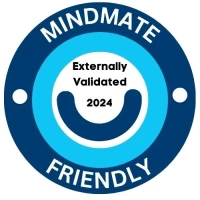- Overview
- Curriculum Vision
- Primary Phase
- Secondary Phase
- Daily Excellence
- Secondary Specific
- Subjects Curriculum
- Child Development Curriculum
- English Curriculum
- Maths Curriculum
- Science Curriculum
- MFL - Languages Curriculum
- History Curriculum
- Geography Curriculum
- Religious Education Curriculum
- Art Curriculum
- Music Curriculum
- Drama Curriculum
- Design Technology Curriculum
- ICT Curriculum
- PE and Sport Curriculum
- Citizenship Curriculum
- PSHCE/Personal Development Curriculum
- Reading Across the Curriculum
- Assessment
- Personal Development (RSE/PHSE/SMSC)
- Year 9 Options Choices
- GCSE Exam Information
- Reading at TLA
- Home/Remote Learning
- National Assessments and Exams
- Library
Reading at TLA
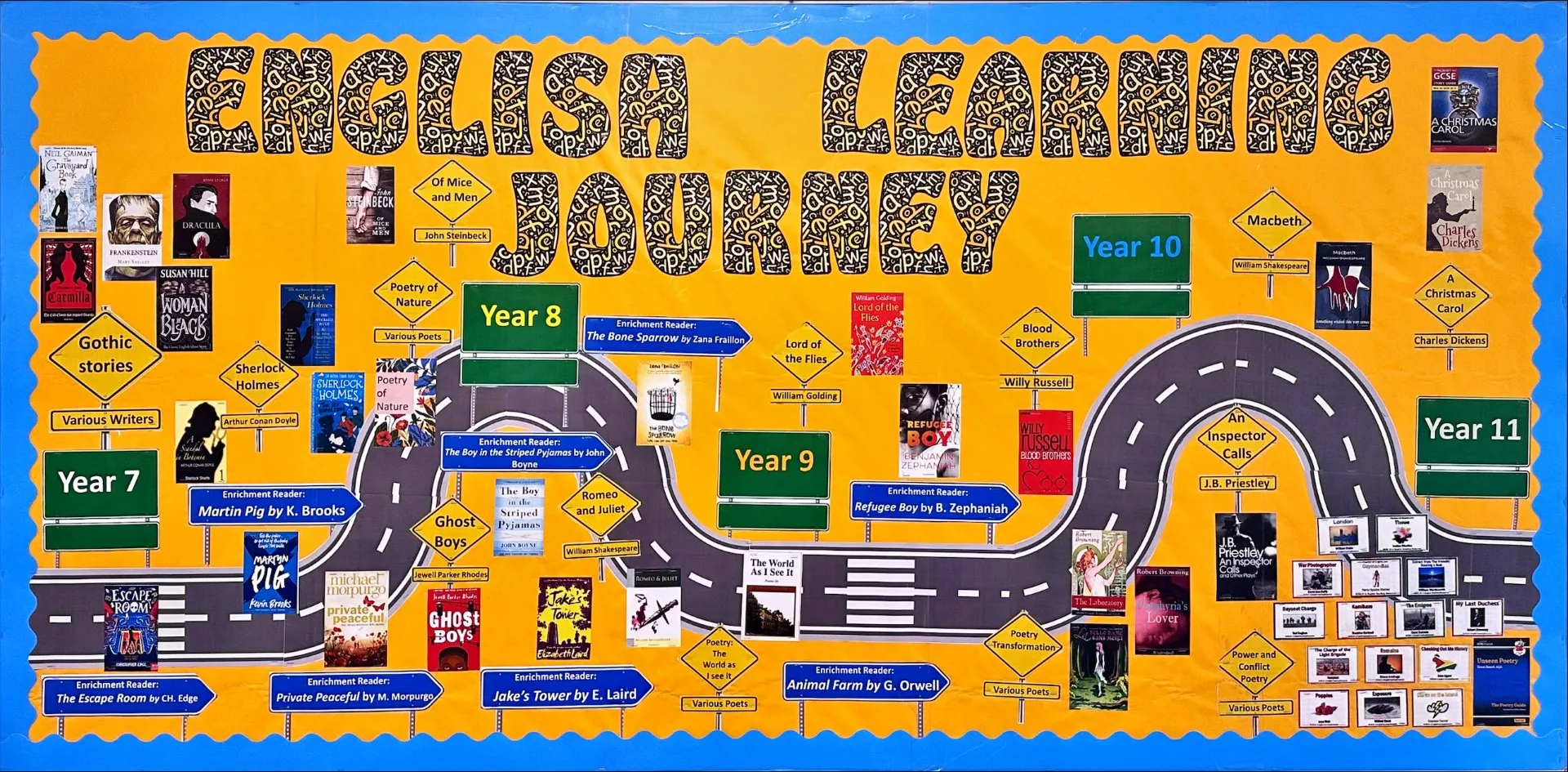
“Reading is the gateway to learning. It is the key to pupils’ future academic achievement and well-being. Pupils who struggle to read words accurately quickly fall behind their peers. They read less and do not accumulate the necessary background knowledge and vocabulary from reading. To fulfil the demands of the secondary school curriculum, pupils need to be able to read age-appropriate texts fluently. Pupils who cannot read well are not able to access the curriculum and are disadvantaged for life. It is therefore essential that reading is a priority to prevent pupils from falling any further behind with their education.’’ |
|---|
Why is reading important?
All staff at Temple Learning Academy believe that reading profoundly affects our students’ lives, offering them a vehicle to store and share the essential knowledge of their cultures. We believe that beyond powerful personal experiences, reading is the master skill of school, unlocking the academic curriculum for all pupils at our academy so we all need to nurture our students’ reading will and skill.
We know that for many school children in England, their reading ability is steadily improving, however, there is a reading gap that needs to be closed urgently. We know that children of all backgrounds (including multilingual students), who are read to regularly at home at the age of 5 perform better in maths, vocabulary, and spelling at age 16, as compared to those who do not read to at home. We know that the reading gap emerges early, before students attend school and it is worsening over time without targeted intervention. We believe that the act of daily reading matters. Students who are read to daily can hear up to a million more words than those who have not been read to. We have the understanding that the reading that our students undertake in school (as they progress through all key stages) is typically more complex and requires substantial background knowledge and reading skill.
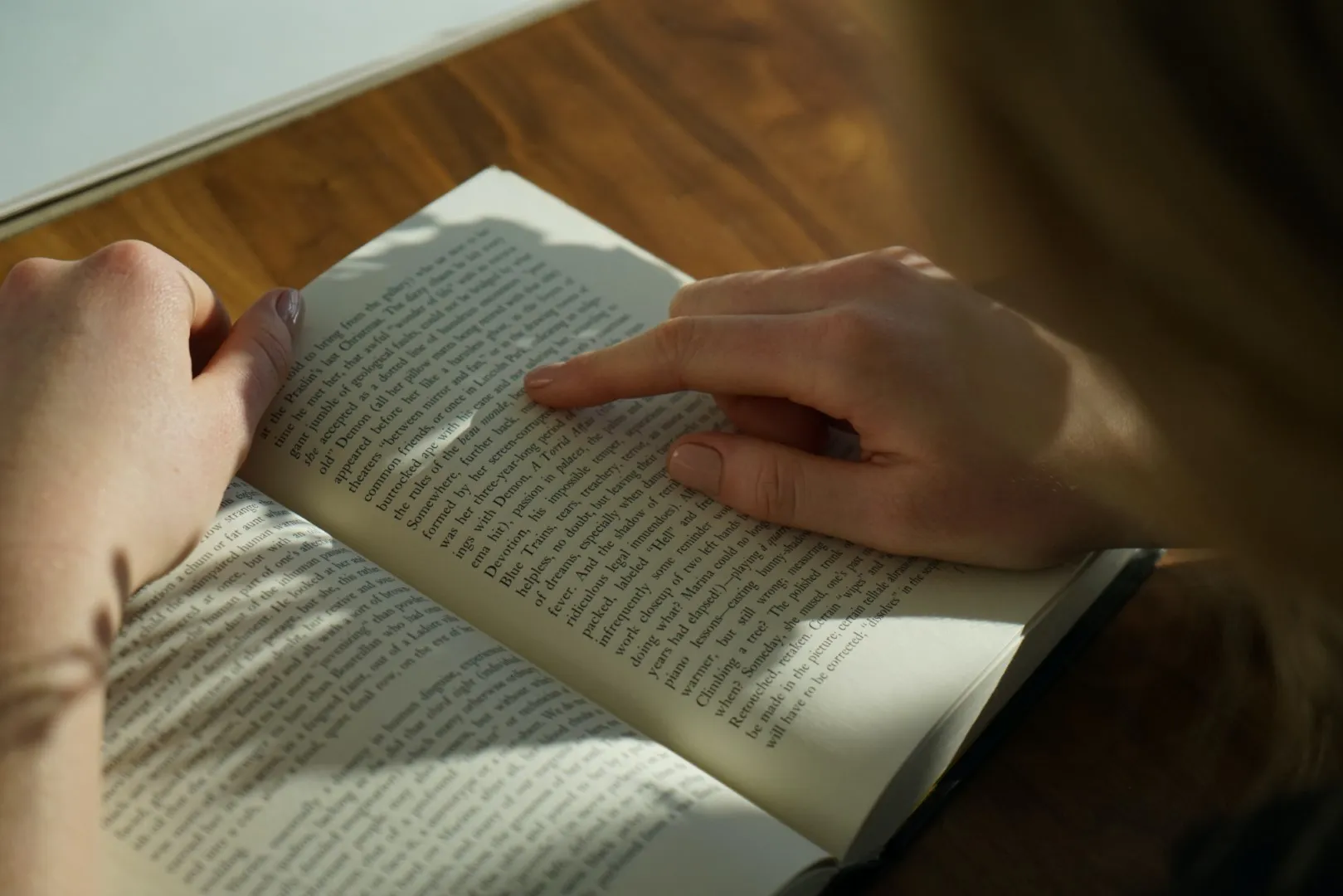
How do we prioritise reading?
Throughout our academy, we promote and celebrate reading. Whether it is reading for pleasure, or reading for purpose, we model strong habits of reading to our students. Staff promote their own favourite reads to students and you will see this around the site.
We also work hard to ensure that reading is foregrounded within our curriculum. In Primary, we carefully map our key texts to ensure that they link to the curriculum learning and excite and inspire all learners. Treasure boxes for each class also provide a wide variety of texts which include the elements of the literary cannon, books that reflect our culture and diversity and texts from prior learning. In secondary, this is done first and foremost through the English curriculum with a carefully considered offer of modern and heritage reading experiences including poetry, drama, prose, speeches and non-fiction writers.
- We promote the culture which respects and values reading
- We assess students’ reading skills regularly, using age appropriate assessment tools
- We know our student’s reading ability and adapt our teaching instruction appropriately.
- We use consistent approaches and provide our students with necessary lifelong skills
- We foster the love of reading through modelling reading in every lesson as appropriate
- We support our struggling readers by targeted intervention
- Staff have access to high quality reading CPD to deepen the understanding of reading development and how to teach reading in their classroom
- We support our KS3 and KS4 students by developing the disciplinary reading
How do we encourage highly skilled readers at TLA?
We have invested in a range of resources to create opportunities for all our students to read. We have two library spaces which are open to students on a daily basis. All students have access to borrowing books from school. In Primary, we read both 1:1 and in groups every day. We end each day reading for pleasure in story time and the library is open every lunchtime. Book sales and swaps are supporting reading at home and parental engagement.
In Secondary, KS3 students access the library to borrow books every 2-3 weeks. We also have morning Enrichment reading – sometimes as often as 3 times a week! We celebrate and encourage reading for pleasure through subject specific reading recommendations (Great Reads to support our Curriculum disciplinary displays), library resources, staff/peer recommendations and events summarised in the events calendar. Our school environment promotes reading – we have reading displays in key footfall areas.
How do we support readers who struggle at TLA?
We know that for some young people, the journey to being an excellent reader is a little more difficult. We are here for our students every step of the way and will provide strategic, targeted support to assist in students enhancing their confidence and fluency as readers. We also know that, while reading may be a challenge, a child's wider gifts and talents should be nurtured and celebrated. Whatever a child's ability, the full curriculum experience is open to them. Our staff are skilled in supporting less confident readers in all curriculum areas, in all phases of education at TLA.
Lexia Intervention
As a parent, how can I help my child with reading?
You can do the following to support your child and develop their love of reading:
- Encourage them to read texts from another time or culture.
- Give them time/help them research historical or cultural aspects of the texts which interest them.
- Encourage your child to read literature in different forms, for example poetry.
- Talk to them about the books that they are currently reading and talk to them about the books you enjoyed as a teenager.
- Keep reading a fun family activity!
Supporting your child as a reader:
- Make sure your child has a book in their bag – they should have a suitable reading book they can borrow from the library.
- If your child is not sure which book to choose, encourage them to speak to their English teacher or one of our student librarians.
- You can take them to a local library or bookshop and talk to them about what they enjoy reading
- Your child is expected to read for 1 hour each week.
Instant ideas for helping your child to love reading – suggestions from parents
- Let your child choose what to read, rather than choosing what you think they should read.
- Encourage your child to read magazines, comics, newspapers and the internet as well as books.
- Talk to your child about books or magazines you haven’t enjoyed, as well as things you love.
- Make time to read together if you can.
- Buy books as presents. Don’t forget TV tie-ins and books about interests such as computer games or bands.
- Remember that your child is reading when they are looking at bus timetables, menus, instructions, TV guides, Teletext and the internet.
If my child wants to read more, what could I recommend for them?
Primary
Secondary
- Overview
- Curriculum Vision
- Primary Phase
- Secondary Phase
- Daily Excellence
- Secondary Specific
- Subjects Curriculum
- Child Development Curriculum
- English Curriculum
- Maths Curriculum
- Science Curriculum
- MFL - Languages Curriculum
- History Curriculum
- Geography Curriculum
- Religious Education Curriculum
- Art Curriculum
- Music Curriculum
- Drama Curriculum
- Design Technology Curriculum
- ICT Curriculum
- PE and Sport Curriculum
- Citizenship Curriculum
- PSHCE/Personal Development Curriculum
- Reading Across the Curriculum
- Assessment
- Personal Development (RSE/PHSE/SMSC)
- Year 9 Options Choices
- GCSE Exam Information
- Reading at TLA
- Home/Remote Learning
- National Assessments and Exams
- Library
